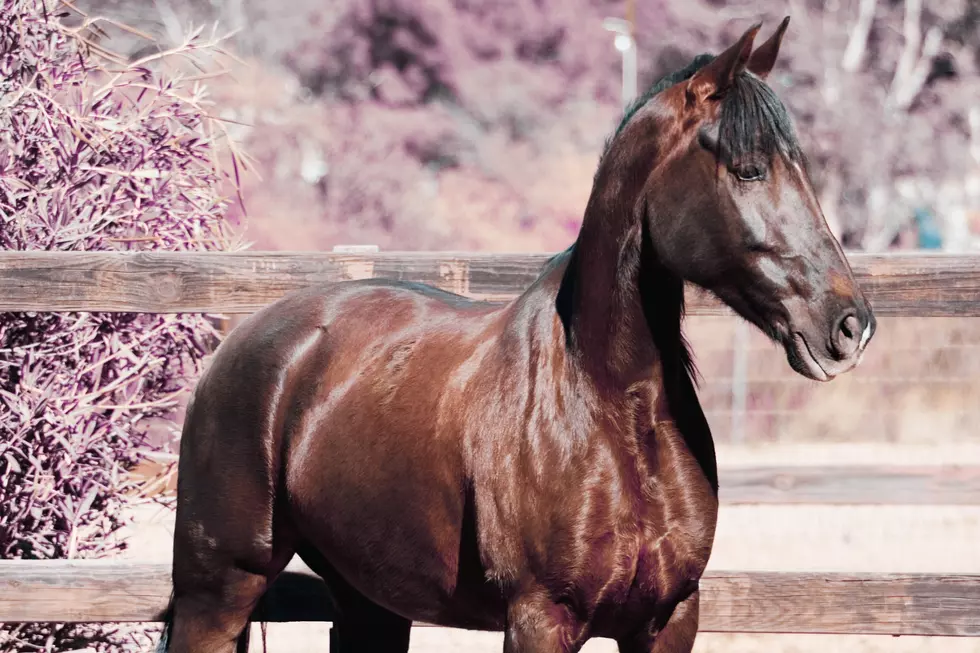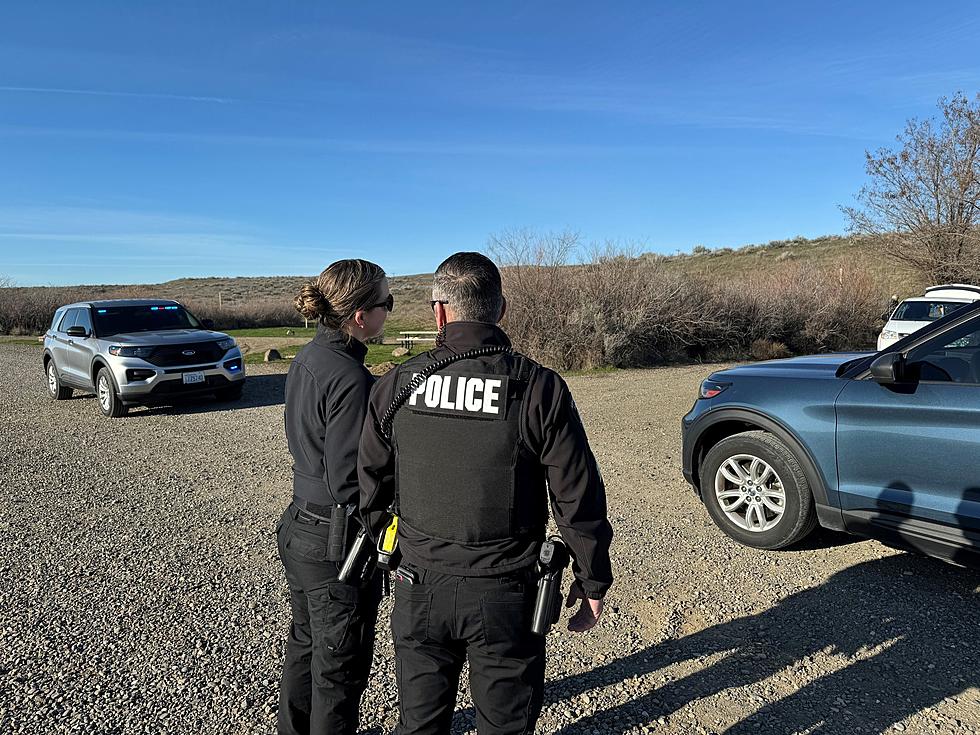
USDA Adds New Rules To Stop Abusive Horse Soring Practices
The USDA has announced stronger regulations through the Horse Protection Act, meant to put a stop to horse soring at Tennessee Walking Horse shows.
What is soring?
Horse soring is the abusive practice of intentionally harming a horse's legs and hooves to force the horse into a more exaggerated gait. In Tennessee Walking Horse shows, this often results in the "Big Lick" gait - an artificial gait that's still rewarded by many judges, and desired by many buyers.
The Humane Society of the United States indicates there are two primary ways in which soring is done. The first is applying caustic chemicals (such as mustard oil, kerosene, or diesel fuel) to a horse's limbs. The second is pressure shoeing, in which a horse's hoof is cut near to the quick, and then "tightly nailing on a shoe or standing a horse for hours with the sensitive part of his soles on a block or other raised object."
Either method causes extreme pain for the horse, making them adverse to putting weight on their hoof. The practice also tends to lead toward stall confinement of these horses, preventing them from pasture access as they are 'treated' for their artificial performance.
Tennessee Walking Horses are not the only breed susceptible to this practice - it is often repeated on other gaited breeds including Racking Horses, Spotted Saddle Horses, Rocky Mountain Horses, and Missouri Fox-Trotters.
USDA implements stronger regulations to the Horse Protection Act
In response to public comment and investigations, the USDA's Animal and Plant Health Inspection Service (APHIS) has issued new amendments to the Horse Protection Act. The rules become active on February 1, 2025. These include:
- Eliminating industry self-regulation and the role of industry-backed Designated Qualified Persons as inspectors at horse shows, exhibitions, sales, and auctions. Only APHIS inspectors and independent non-APHIS-employed horse protection inspectors screened, trained, and authorized by APHIS will have inspection authority.
- Prohibiting any device, method, practice, or substance applied to a horse that can cause or is associated with soring.
- Prohibiting on Tennessee Walking or racking horses all action devices and non-therapeutic pads, artificial toe extensions, and wedges, as well as all substances on the extremities above the hoof, including lubricants.
- Removing the scar rule from the regulations and replacing it with a more accurate description of visible dermatological changes indicative of soring.
- Amending recordkeeping and reporting requirements for management at covered events to better enforce the HPA.
Responses to the HPA changes
Congressman Steve Cohen (TN-9) stated:
These rules ensuring compliance with longstanding, commonsense regulations under the 1970 Horse Protection Act will finally end this barbaric practice and place inspections under the authority of people who want to keep these magnificent animals safe and healthy. This is a long time coming but is very welcome news.
Sara Amundson, president of the Humane Society Legislative Fund, also commented, "There are few wins for animals as bittersweet as this one. . . Can you imagine inflicting such pain for a high-stepping ride around the ring for a blue ribbon?"
No doubt the general equestrian community is also celebrating a significant step forward in ending this practice.
In 2021, Law & Crime Network ran a special investigation on this ongoing practice:
Chad Hansen Wild Horse Photography
Gallery Credit: Kolby Fedore, Townsquare Media
Stunning Pictures of the Wild Horses of Sand Wash Basin
Gallery Credit: Scott Wilson



